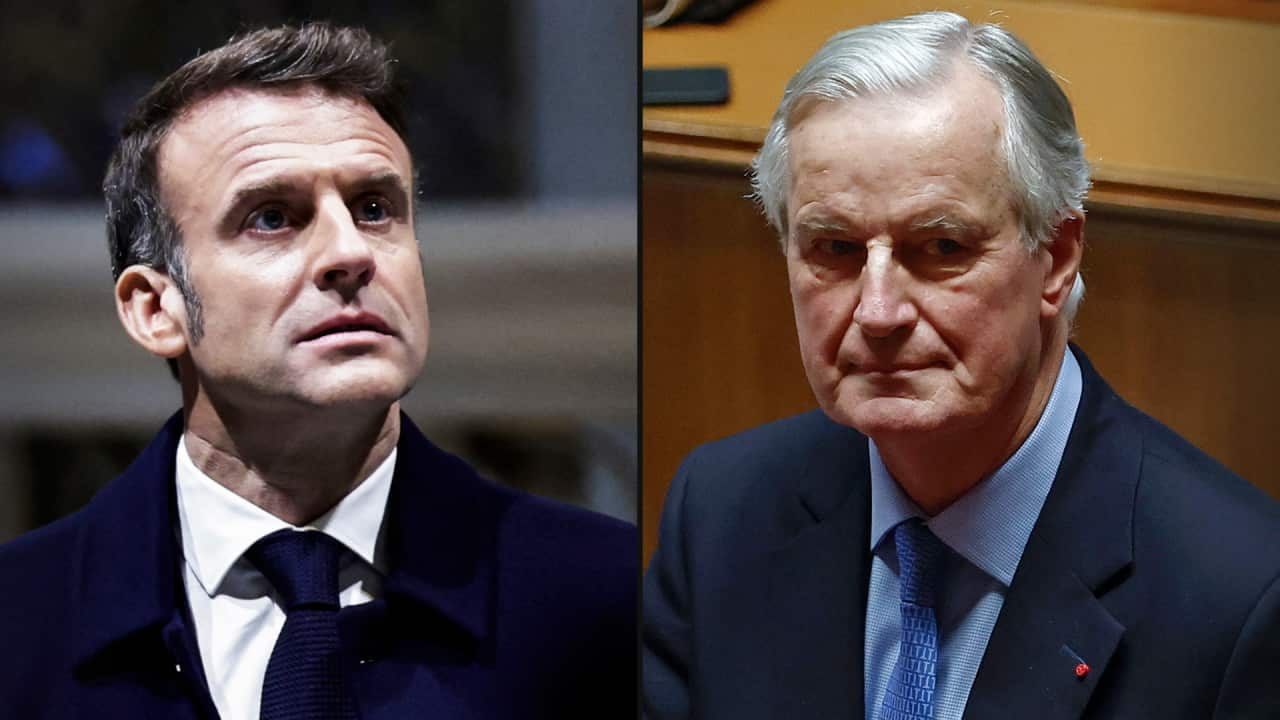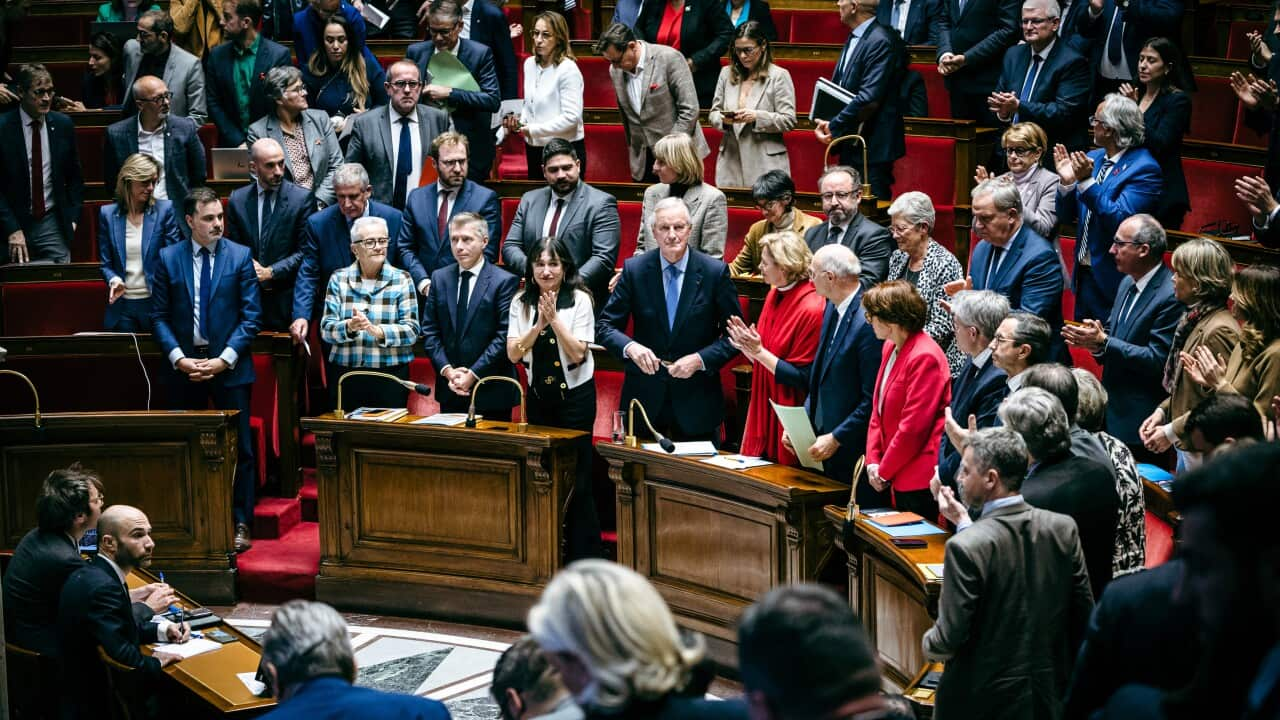French President Emmanuel Macron has vowed to name a new prime minister "in the coming days" to prevent his nation from sliding deeper into political turmoil after Michel Barnier's government was ousted in a historic no-confidence vote.
Contemporary France's shortest-serving premier, Barnier, resigned after Wednesday's parliamentary defeat forced his government to step down, the first such toppling of a French administration in over 60 years.
Here's why the government collapsed and who could replace Barnier as prime minister.
Why did Michel Barnier resign?
A majority of French parliamentarians on Wednesday proposed by the hard left and backed by the far right headed by Marine Le Pen.
Barnier's ejection in record time came after snap parliamentary elections in June resulted in a hung parliament. No political force was able to form an overall majority, and the far right held the key to the government's survival.
The trigger for Barnier's ouster was his 2025 budget plan, including austerity measures unacceptable to a majority in parliament but which he argued were necessary to stabilise France's finances.
On Monday he forced through a social security financing bill without a vote, but the ousting of the government means France is still without a budget.
In an address to the nation seeking to limit an escalating political crisis, Macron rejected calls from opponents to resign and vowed to serve until the end of his mandate in 2027.
Macron lashed out at the French far right and hard left for uniting in an "anti-republican front" to bring down the government.
Will there be another election in France?
New legislative elections cannot be called until a year after the previous ones, which were held in June 2024.
But while Macron has more than two years of his presidential term left, some opponents are calling on him to resign to break the deadlock.
According to a poll by Odoxa-Backbone Consulting for Le Figaro daily, 59 per cent of French want the president to step down, while a survey by The Harris Poll for RTL (French radio) put the figure even higher at 64 per cent.
But Macron said: "The mandate that you gave to me democratically (in 2022 elections) is a five-year mandate and I will exercise it fully, right up to the end."

French President Emmanuel Macron has vowed to name a new prime minister "in the coming days". Source: AAP / Ludovic Marin/POOL/EPA
"They are not thinking about your lives, let's be honest. They are thinking of just one thing — the presidential election," said Macron, who must step down after the 2027 polls.
But he admitted his decision to call snap parliamentary elections this year that resulted in a hung parliament "was not understood".
"Many have blamed me for it, and I know many continue to blame me. It's a fact, and it's my responsibility," he said.
Who could be France's new prime minister?
Macron now faces the task for the third time this year of selecting a new prime minister and did not come up with a name in his address on Thursday.
"I will appoint a prime minister in the coming days," he said, adding this person would be charged with forming a "government of general interest" with a priority of passing a budget.
Barnier is Macron's fifth prime minister since coming to power in 2017. Each successive prime minister has served for a shorter period, and given the composition of the National Assembly, there is no guarantee that Barnier's successor would last any longer.
The French presidency said earlier that Barnier and his ministers remain "in charge of daily business until the appointment of a new government".

Michel Barnier's resignation means France will soon have its third prime minister this year. Source: AFP / Phillipe Lopez/via Getty Images
In an unusual move, foreign minister Jean-Noel Barrot, France's top diplomat for just two-and-a-half months, urged unity in a message on social media, saying "instability is vulnerability" at a time of international uncertainty.
Loyalist defence minister Sebastien Lecornu and Macron's centrist ally Francois Bayrou have been touted as possible contenders, as has former Socialist premier and interior minister Bernard Cazeneuve.
Bayrou, who leads the MoDem party, had lunch with the president at the Elysee, a source close to him told AFP.










